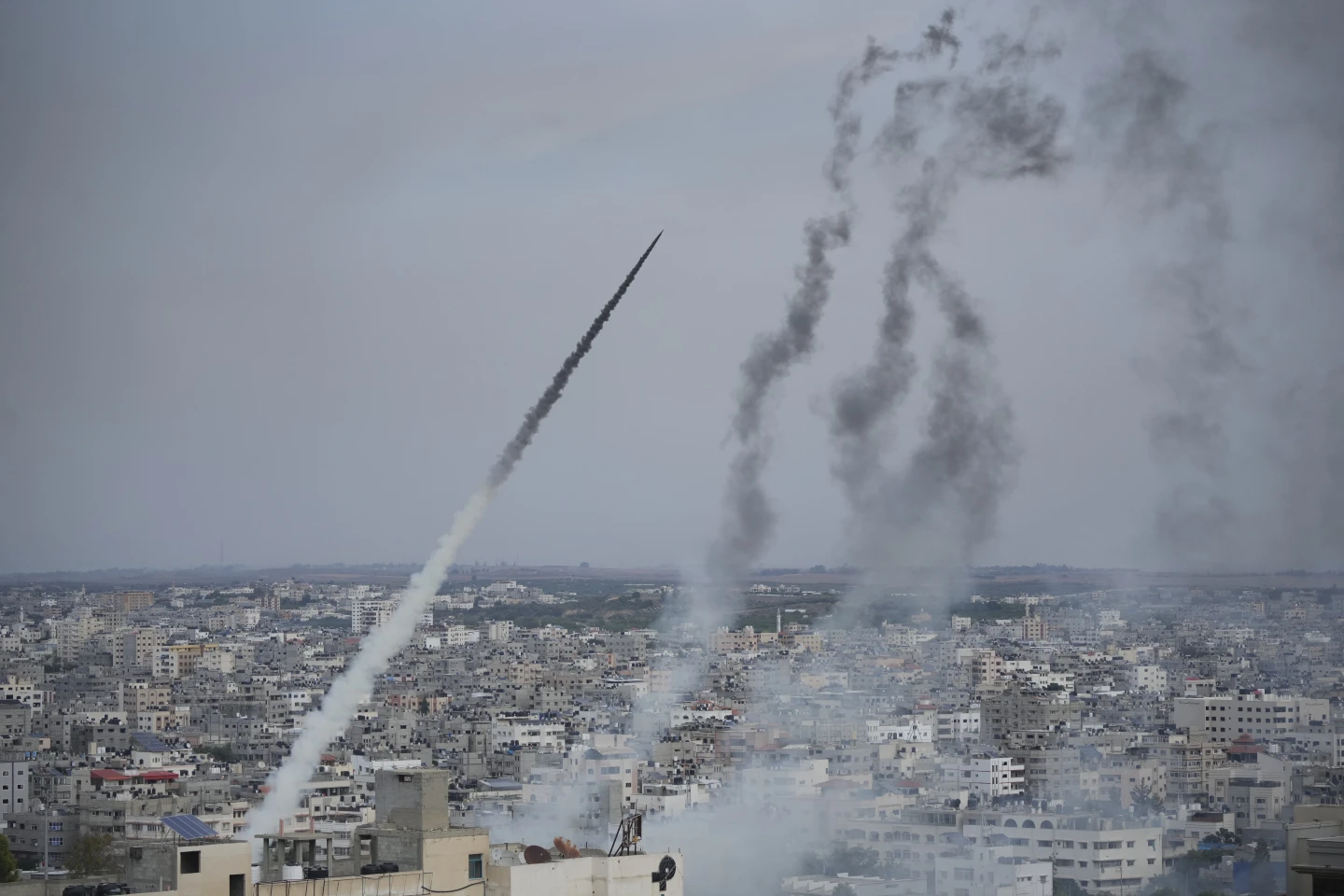- Feb 5, 2002
- 166,650
- 56,274
- Country
- United States
- Faith
- Catholic
- Marital Status
- Married
- Politics
- US-Others
ROME – A massive and deadly surprise offensive from Hamas in recent days has prompted Israel to declare war, drawing appeals from Pope Francis and church leaders in the Holy Land for calm, and for international intervention to prevent further bloodshed.
At the same time, Israel’s embassy to the Holy See has warned the Vatican to avoid what it described as “linguistic ambiguities” and “parallelisms” that would equate the aggressors in the conflict with its victims.
Speaking to faithful gathered in St. Peter’s Square for his Oct. 8 Sunday Angelus address, Pope Francis said, “I am following with apprehension and pain what is happening in Israel, where violence has exploded even more ferociously, causing hundreds of deaths and injuries.”
“I express my closeness to the families of the victims. I pray for them and for all those who are experiencing hours of terror and of anguish,” he said.
He begged both sides to “please stop the attacks and weapons and understand that terrorism and war do not lead to any solution, but only to the death and suffering of many innocent people.”
“War is a defeat, every war is always a defeat,” he said, and asked faithful to join him in praying for peace in Israel and Palestine.
Continued below.

 cruxnow.com
cruxnow.com
At the same time, Israel’s embassy to the Holy See has warned the Vatican to avoid what it described as “linguistic ambiguities” and “parallelisms” that would equate the aggressors in the conflict with its victims.
Speaking to faithful gathered in St. Peter’s Square for his Oct. 8 Sunday Angelus address, Pope Francis said, “I am following with apprehension and pain what is happening in Israel, where violence has exploded even more ferociously, causing hundreds of deaths and injuries.”
“I express my closeness to the families of the victims. I pray for them and for all those who are experiencing hours of terror and of anguish,” he said.
He begged both sides to “please stop the attacks and weapons and understand that terrorism and war do not lead to any solution, but only to the death and suffering of many innocent people.”
“War is a defeat, every war is always a defeat,” he said, and asked faithful to join him in praying for peace in Israel and Palestine.
Continued below.

As Pope appeals for peace, Israel warns Vatican against false ‘parallelisms’
“I express my closeness to the families of the victims. I pray for them and for all those who are experiencing hours of terror and of anguish,” Pope Francis said Sunday.
